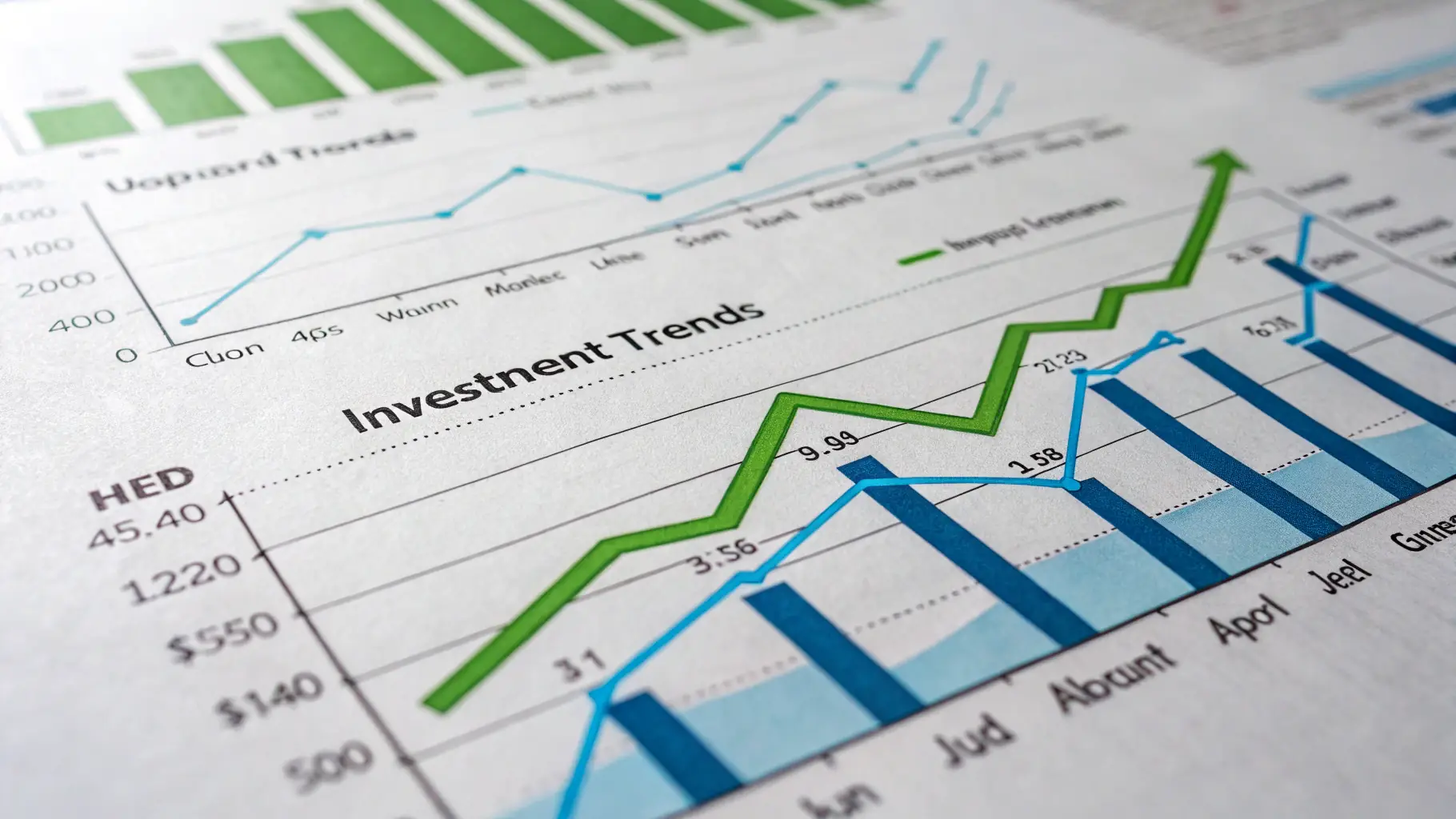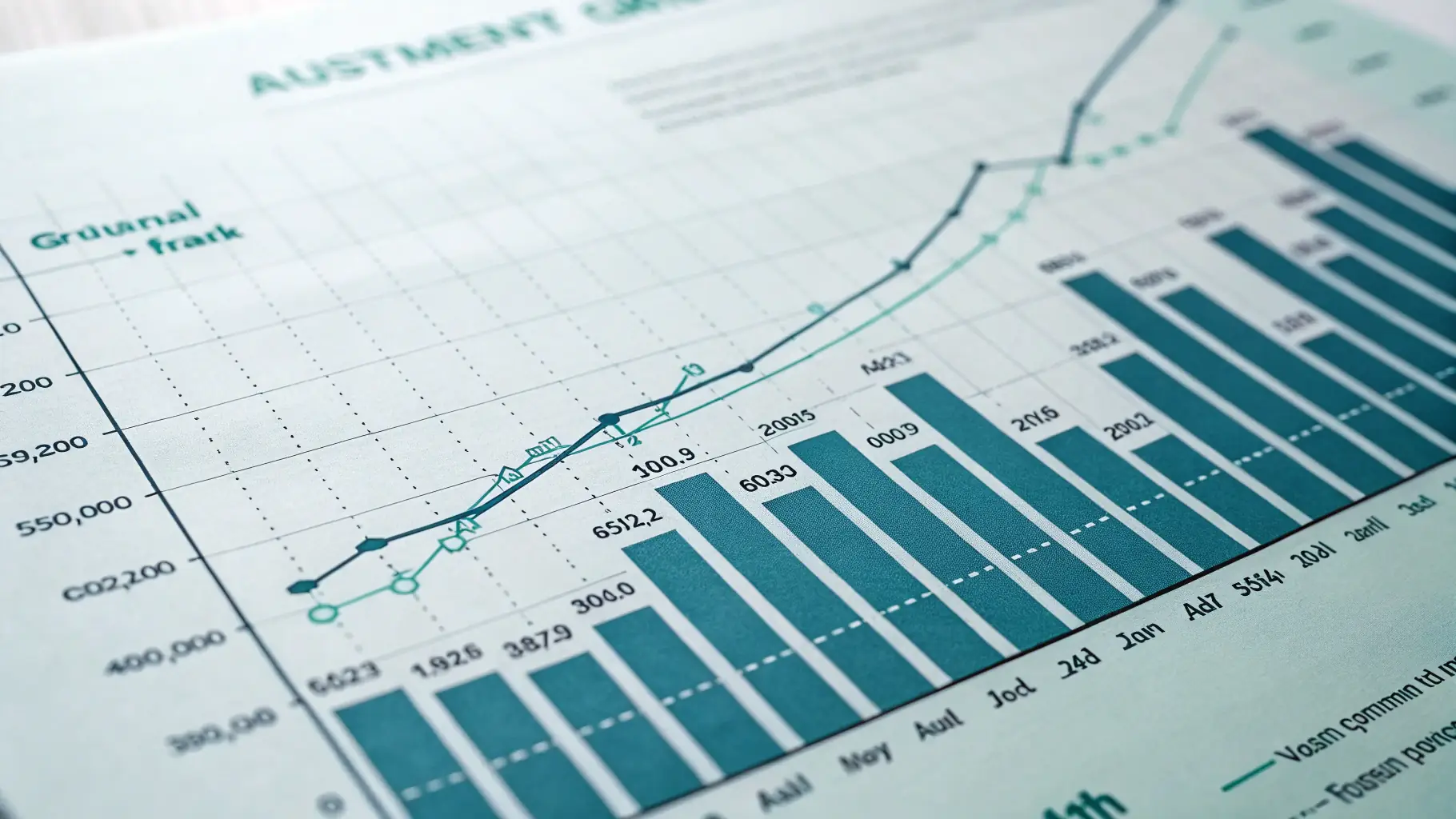Economic planning is a complex process that requires a deep understanding of economic trends and human behavior. By understanding the psychological factors influencing economic decisions, you can develop more effective strategies. This knowledge is essential for achieving sustainable financial growth. Effective economic planning requires a deep understanding of both financial markets and human psychology. This blog post explores the psychological aspects of economic planning. We’ll delve into the common psychological biases that can impact economic decisions, and how to overcome them. By understanding these biases, you can make more rational and informed economic choices. This knowledge is crucial for achieving long-term financial success. Implementing psychological strategies in your economic planning approach can lead to better returns. By understanding your own psychological tendencies, you can develop a more robust economic plan. This approach can help you make more rational decisions and avoid emotional pitfalls. This knowledge is essential for achieving sustainable financial growth and maximizing your investment returns.
Financial Returns: Maximizing Your Investment Value
Maximizing financial returns requires a strategic approach that considers both financial and psychological factors.


